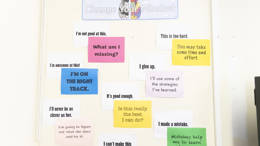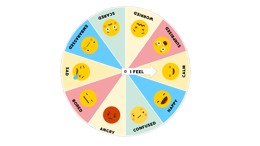Mental health services for schools in England
Understanding and mapping your local service landscape is an important factor in planning and improving children and young people’s access to support.

Schools promote children and young people’s social and emotional skills and mental health and wellbeing through the curriculum, RSHE and wider cross-curricular activity – all within an overarching framework of a whole-school approach to mental health.
For children and young people who are beginning to struggle or are exposed to mounting risks that may challenge and undermine their mental health, accessible and effective in-school help can be provided through pastoral support, targeted, small group work or counselling.
With good mental health awareness, school staff can also help steer pupils and their families to more specialist mental health support in the local community.



 Author
Author
